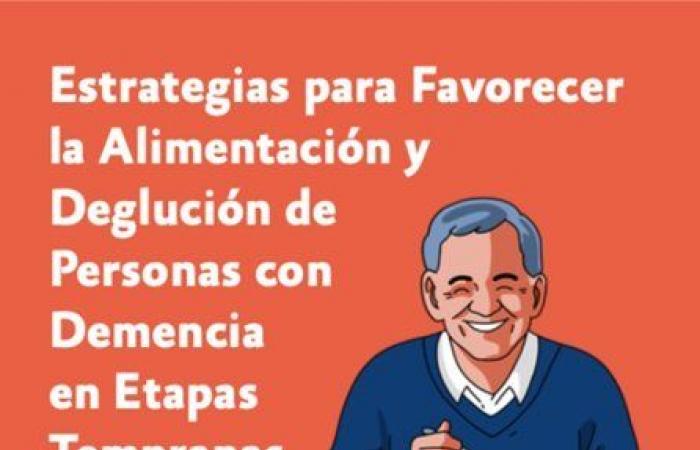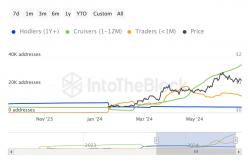
Specialists from the Transdisciplinary, Networks and Interface Unit of the Vice-Rector’s Office for Research and Development of the University of Chile published a guide with recommendations for feeding people with dementia.
“Strategies to promote feeding and swallowing in people with dementia in the early stages” is the name of the toolbox, which is available for viewing and downloading for free.
It is estimated that nearly 50 million people live with dementia in the world, a figure that could reach more than 100 million by 2050.
This disease, which mainly affects the cognitive system, is caused by the deterioration in higher mental functions, essential for processing information and carrying out daily tasks, such as eating.
The Transdisciplinary Network on Aging of the University of Chile generated this material with the aim of promoting the independence of those living with this disease, as well as offering support to their caregivers.
Improve Life Quality
The vice-rector for Research and Development and member of the writing team, Christian González-Billault, expressed that “with better evidence, clear and concrete strategies we can ensure that an essential activity for human life, such as food, is not only possible but significant. and full, improving the quality of life of thousands of people and their families.”
The preparation of the document was led by the academic of the Faculty of Medicine, Jenan Mohammad, and included the knowledge of more than a dozen specialists from the faculties of Medicine, Social Sciences and Dentistry, as well as the Clinical Hospital and the Institute of Nutrition and Food Technology (INTA).
Dementia can affect the feeding process due to cognitive, behavioral, motor and sensory changes associated with memory and attention, as well as executive functions of the body and language.
“For example, forgetting what they ate, refusing food, difficulty manipulating utensils, problems swallowing, among others. On the other hand, eating is an activity that brings people together, so when there are difficulties that limit it, people with dementia tend to be excluded from social meals,” explains academic Jenan Mohammad.
The difficulties in this process not only affect people with dementia, but also impact the lives of their caregivers.
“Care is often a complex and exhausting task that falls disproportionately on families and particularly on women,” adds Vice-Rector González-Billault.
Professor Mohammad adds that “there is a significant challenge in the inclusion of people with dementia in society. Since feeding is a vital activity, it is relevant to incorporate it into the daily care that must be taken with a person with dementia to ensure that they can maintain a healthy, safe and comfortable diet and, in turn, promote independence and autonomy.”
Seven fundamental areas
The toolbox seeks to address seven fundamental areas for the feeding process in people with dementia:
• Cognitive-communicative skills
• Nutrition
• Swallowing
• Feeding times
• Environment to consume food
• Utensils, furniture and support objects
• Eating routine.
Each point has a set of instructions, including generating reminders for feeding and dividing food to be distributed during different times of the day. Likewise, it is recommended to label foods in the pantry to promote independence and autonomy, and raises the need to maintain oral hygiene to prevent bacteria, infections and possible aspiration pneumonia.
Regarding nutrition, the document provides a food guide to generate a balanced eating plan in accordance with the budget of each family. It also refers to the social process that eating entails, recommending effective and inclusive communication to ensure that the person with dementia is appropriately involved in the activity.
The document was coordinated by the Transdisciplinary, Networks and Interface Unit of the Vice-Rector’s Office for Research and Development and is sponsored by the National Service for the Elderly (Senama), the Aliwen Community Support Center, the Memory and Neuropsychiatry Center, the Hospital del Salvador, and the Center for Geroscience, Mental Health and Metabolism (GERO).
It is also supported by the Alzheimer’s and Other Dementia Professional Corporation, Global Brain Health, Living with Dementia i+d, and the caregiver support group Inka Newen.
Source: University of Chile.





